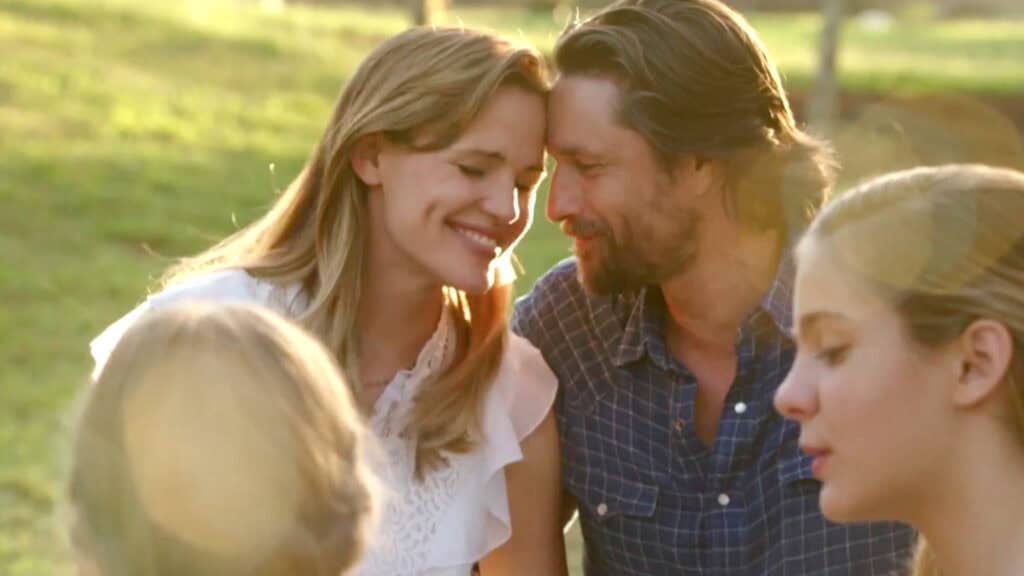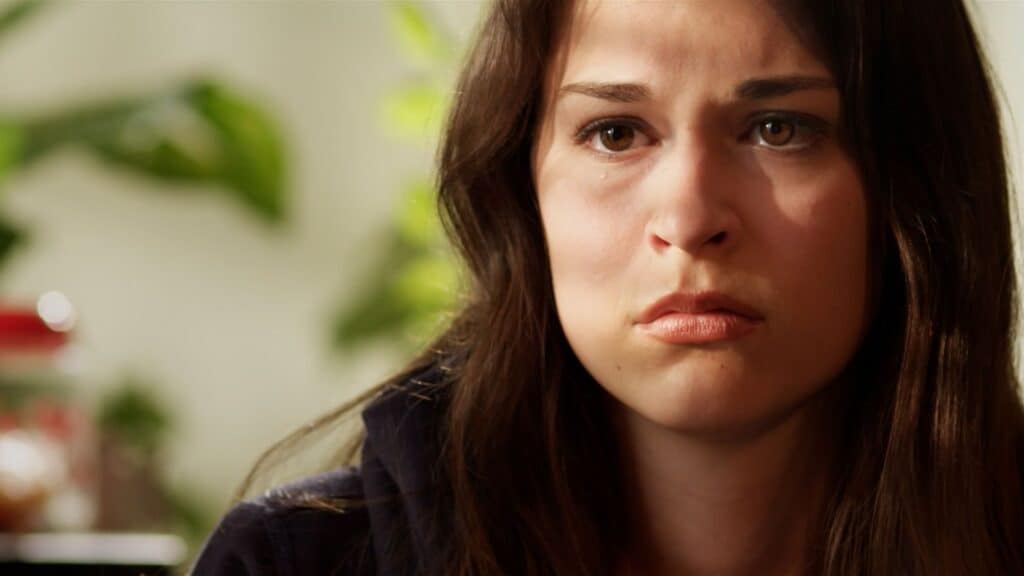“If a child transfers his unresolved grief to adulthood, it is very possible that he will find it difficult to love and trust in future relationships. Subsequent losses will become an integral part of his mourning. Many adults who experienced family death during childhood or adolescence still carry the burden of unfinished mourning in their hearts.”
Christine Longaker
I recently experienced a loss and realized that life is transitory. What does it mean to be here and then leave in an instant? You look at the people around you, see and feel tears, and wonder why.
Must read: When Words Aren’t Enough: A Prayer for a Grieving Friend
In this world, with all its grief, I remember that my children are here too. When they are confronted with death, what can I say to them? How should I comfort them? They follow what is happening in this chaos and confusion. I feel their anger; they are alone in all this.
It’s hard for me to help them while dealing with my grief and that of the other mourners. At that moment, I almost wish we all had another adult to be with us and support us.
Grief Runs Deep
Mourning is a profound emotional event in which different feelings are intertwined. The grieving process involves sadness, anger, guilt, the sense of irreversibility and finality, coping with memories of the deceased, and the pain of loss.
All of these feelings change, lasting for varying lengths of time, as each mourns in their way. All of this is fine and normal. Death is a natural part of life; we can’t predict or escape it.
How Do Children Grieve?
A child may face several different types of loss, whether it’s the loss of a favorite toy, a pet, or a loved one. For a child, all of these can mean the loss of security, familiarity, and structure. As Dr. Katja Valenček, author of Death and Mourning: To Make It Easier for Adults to Understand Children, says, children mourn in the current world, here and now.
They do not mourn for what they have lost or will not experience in the future. Instead, their mourning occurs daily—meals, routines, help with homework, birthdays, or holidays.
Age Affects Mourning
How children grieve also largely depends on their age. Younger children may not understand precisely what has happened, but they will strongly feel what is happening around them. Children up to the age of five perceive the loss of a loved one to a limited extent. More than a sense of emptiness, they are bothered by the loss of life structure.
Between the ages of 5 and 11, children understand death as something we cannot escape. At the same time, they feel the lack of love and warmth and the loss of a loved one. From the age of 11, they tend to perceive death as adults do.
The Stages of Mourning
Regardless of age, children may experience phases of shock, denial, anger, or sadness, like an emotional carousel. They may wonder what they could have done to prevent this from happening or whether they have done something wrong.
They may experience guilt, and if no one helps them process those feelings, they may develop a need to please others during adulthood.
In these situations, they need the support of an adult they trust. They must hear the phrase, “It’s not your fault.” Helping a child cope with loss and understanding it in their way of grieving is one of the most important tasks an adult can play.


















Leave a Comment